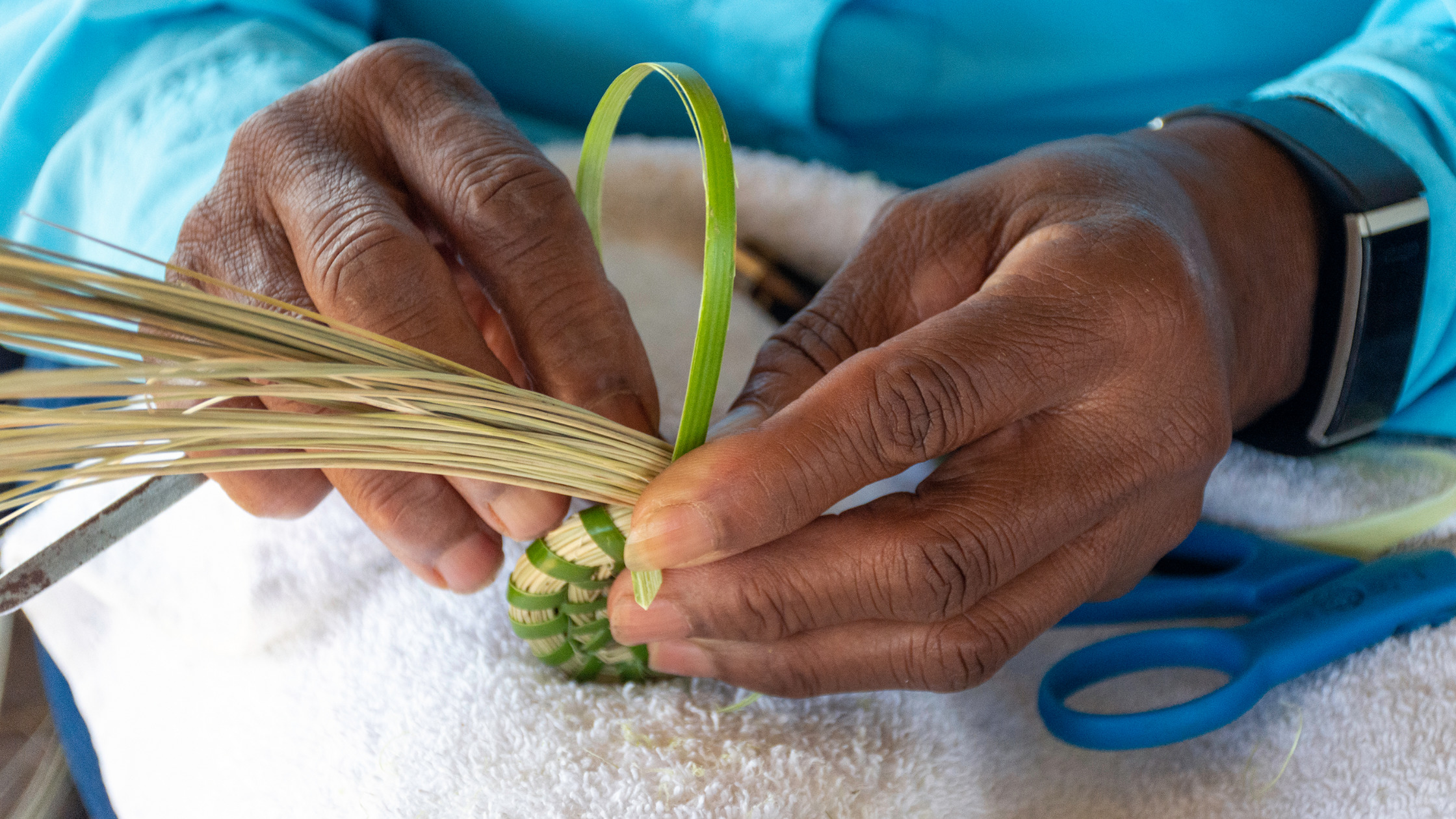Play
Pause
In a significant step toward addressing the chronic lack of diversity in the library profession, the Council on Library and Information Resources (CLIR) has received a $250,000 grant from the Institute of Museum and Library Services (IMLS).

This grant is intended to fund a groundbreaking program aimed at supporting and empowering Black librarians through dialogue, mentorship, and cultural immersion. The program, known as “Safe Spaces for Cultural Heritage,” was conceived of by CLIR program officer Sharon M. Burney, and will provide a platform for Black librarians to share their experiences, heal from workplace trauma, and develop strategies for promoting equity within their communities.
The library profession has long been criticized for its lack of diversity. In 2021, only 7.1% of librarians in the United States were Black, while a staggering 87% were white. This disparity has had profound consequences, resulting in the perpetuation of trauma that negatively impacts the experiences of Black professionals within the field. From tokenism in hiring practices to racial microaggressions and isolation, Black librarians have faced a range of challenges.
These challenges have been further exacerbated by political attacks on critical race theory and African American studies. Black librarians have often been pressured to remove works by BIPOC (Black, Indigenous, and People of Color) authors, adding to their sense of isolation and frustration.
Recognizing the urgent need for change, CLIR is introducing the “Safe Spaces for Cultural Heritage” program to create a supportive network for Black librarians. This program will provide a safe environment for Black librarians to come together, share their experiences, and heal without the fear of retaliation.
The “Safe Spaces for Cultural Heritage” program has a multifaceted approach. It will kick off with a two-and-a-half-day convening in Charleston, South Carolina, in the summer of 2024. This event will be a safe haven for Black librarians to find a sense of community, heal from workplace hostility, and collaborate on creating more equitable communities.
Expert facilitators with extensive experience in Black studies, librarianship, and healing from racial trauma will guide participants through meaningful conversations, provide relevant skills training, and foster trust among participants. Participants will also receive digital storytelling training and propose microgrant projects designed to advance equity within their local communities.
Following the convening, the group will engage in online meetups and conferences to support one another’s projects and professional growth. Additionally, the team plans to share insights through a publication, podcast, and presentations to inspire greater equity in the professional library field.
The program is designed to move Black librarians from isolated experiences of workplace trauma, fatigue, and attrition to a path of healing, empowerment, networking, and retention. A three-day workshop in August 2024, with 20 participants, five facilitators, and a digital journalist, will form the core of this initiative. The workshop will be held in Charleston, a city with deep historical significance in African American history.
Charleston was chosen as the workshop location due to its historical significance as a major seaport city in the trans-Atlantic slave trade. Participants will have the opportunity to heal by connecting with the city’s rich history and their ancestors’ experiences. The final day of the workshop will focus on articulating solutions for building more equitable communities at home.
By addressing the unacknowledged traumas faced by Black library workers, this program takes a significant step toward creating a more inclusive and healthier library workforce. The long-term goal is to empower this workforce to better serve the diverse communities they represent.
In this audio Q&A, Sharon M. Burney delves into the inspiration behind her creation of the Safe Spaces program and outlines her vision and objectives for this transformative initiative. Read full Q&A transcript
Sharon M. Burney is the host of the award-winning third season of Material Memory, “The HBCU Library Alliance Tour.” Burney takes listeners on a tour of the treasures housed in their libraries’ collections and gives us a glimpse into the vital role these institutions play in their communities. Material Memory can be found online and on your favorite podcast streaming platform.
CLIR News No. 156 Fall 2024 Letter from the Editor Gaza’s Cultural Heritage and the Ruin of War By Charles Henry, president Read More CLIR
CLIR News No. 155 Jan-March 2024 Code4Lib The Code4Lib Annual Conference is scheduled to take place this year in Ann Arbor, Michigan, from May 13
CLIR News No. 155 Jan-March 2024 The Light We Bear Within Us Gaza’s Cultural Heritage and the Ruin of War By Charles Henry, president Read

Council on Library and Information Resources
1800 Diagonal Road, Suite 600
Alexandria, VA 22314
contact@clir.org
CLIR is an independent, nonprofit organization that forges strategies to enhance research, teaching, and learning environments in collaboration with libraries, cultural institutions, and communities of higher learning.
Unless otherwise indicated, content on this site is available for re-use under CC BY-SA 4.0 License